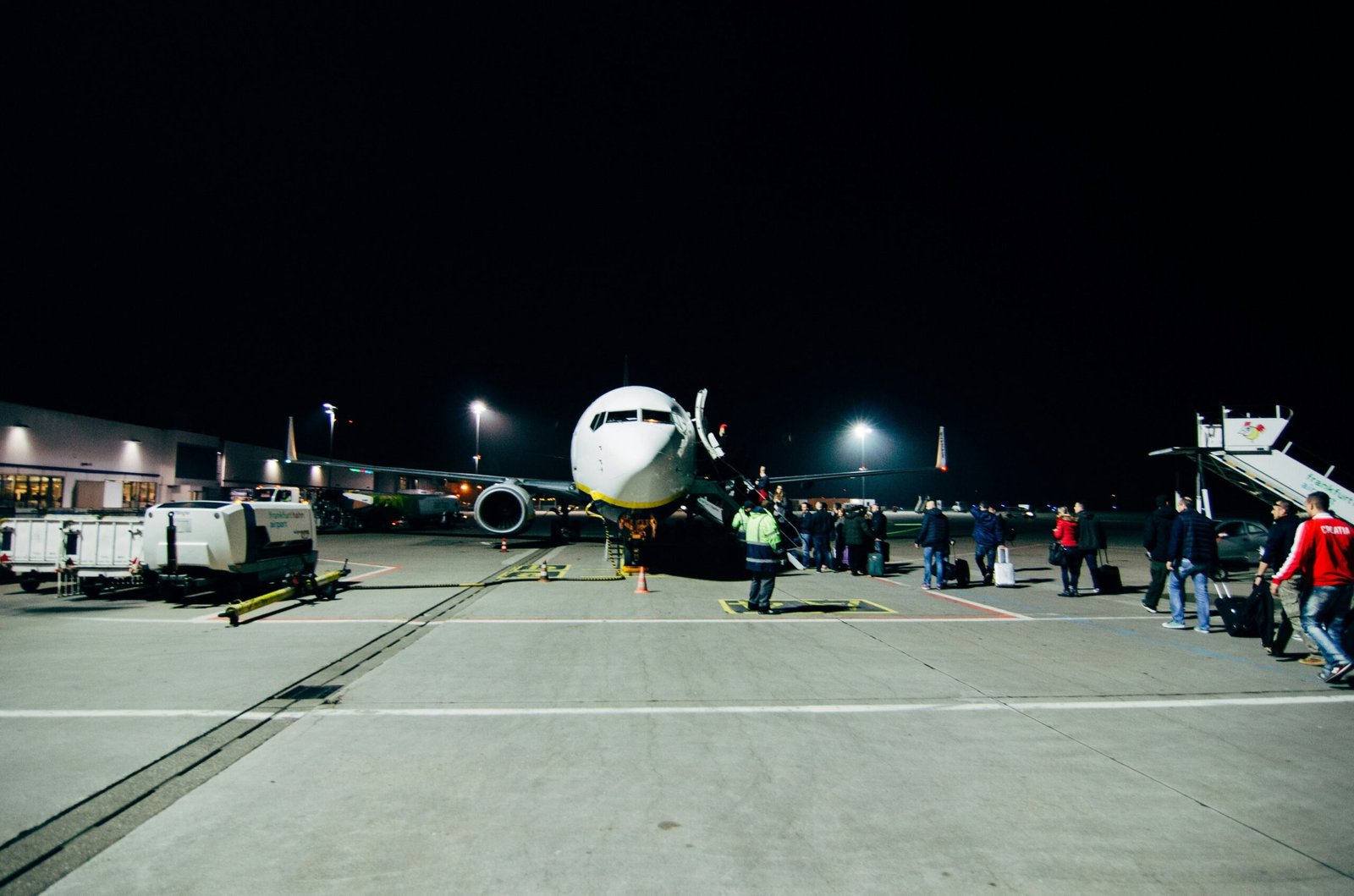

Understanding the Travel Industry in Dubai
Dubai’s travel and tourism industry stands as a beacon of vibrant activity and continuous growth, making it an attractive market for entrepreneurs looking to start a travel agency. As per recent statistics, Dubai welcomed over 16 million international tourists in 2019, with 2020’s numbers only marginally affected by global pandemic constraints. Projections indicate a robust recovery and even expansion, underpinned by the Emirate’s strategic initiatives and investment in tourism infrastructure.
Key factors contributing to Dubai’s allure include its iconic landmarks such as the Burj Khalifa, luxurious shopping experiences in extensive malls, and cultural hubs like the Dubai Museum and Al Fahidi Historical Neighborhood. These attractions make Dubai a magnet for varied traveler segments, from luxury seekers and shopping enthusiasts to cultural explorers.
Moreover, Dubai’s strategic location, acting as a bridge between East and West, enhances its tourism appeal. This geo-strategic advantage facilitates seamless travel and easy access for millions of tourists from across the globe. Infrastructural excellence, with an extensive network of world-class hotels, pristine beaches, and diverse culinary offerings, further solidifies Dubai’s standing as a top tourism player.
The competitive landscape within Dubai’s travel industry is dynamic and multifaceted. It includes prominent players such as Emirates Holidays and dnata Travel, catering to diverse market segments ranging from luxury travel and family holidays to adventure tours and business tourism. Specifically, the luxury travel sector thrives on Dubai’s premium offerings, including five-star hotels and celebrity chef restaurants, whereas the adventure tour market is bolstered by activities like desert safaris and skydiving.
Understanding these key elements can help prospective travel agency owners identify where they can differentiate and position their services effectively. Whether the focus is on luxury travel, adventure tours, or cultural experiences, the potential for success in Dubai’s bustling travel sector remains vast and promising.
Legal Requirements and Licensing
Starting a travel agency business in Dubai necessitates adherence to specific legal and regulatory requirements. The primary requisite is obtaining a license from the Dubai Department of Economic Development (DED). This DED license permits you to conduct designated commercial activities within the travel and tourism sector. Undertaking this procedure involves several critical steps, paperwork, and fee payments.
To begin, you must choose the right business activity and legal structure, whether it’s a sole proprietorship, a limited liability company (LLC), or a branch of a foreign company. Next, you’ll need to reserve a trade name and submit an initial approval request to the DED. This generally requires detailed documents, including a business plan, passport copies of owners and partners, No Objection Certificate (NOC) from current sponsors (if applicable), and tenancy contract of the intended office space.
Upon receiving the initial approval, you must draft the memorandum of association (MoA) and file it with the DED. Subsequently, you need to obtain approvals from relevant bodies like the Department of Tourism and Commerce Marketing (DTCM). Payment of applicable fees—which can range from AED 10,000 to AED 25,000, depending on the business activity—is mandatory at this stage.
Dubai offers two main company setup options: mainland and free zone. Each has its advantages and drawbacks. Mainland companies benefit from the ability to trade directly within the local UAE market and conduct business with the government. On the flip side, mainland companies require a local sponsor holding a 51% share. Free zone establishments, such as in the Dubai Airport Freezone Authority (DAFZA) or Dubai Multi Commodities Centre (DMCC), offer full foreign ownership, tax exemptions, and repatriation perks but restrict direct local market trading unless through a local distributor.
In addition to licensing, travel agencies must adhere to industry-specific mandates, including mandatory membership in travel associations like the International Air Transport Association (IATA) and compliance with DTCM guidelines. These checkpoints ensure that the agency operates within the framework of local and international tourism standards, fostering credibility and trustworthiness.
Creating a Business Plan
Developing a comprehensive business plan is paramount for launching a successful travel agency in Dubai. The first step entails clearly defining your business concept. This involves delineating the nature of your agency and the array of services you will offer, such as booking services, tour operations, and corporate travel arrangements. A well-outlined business concept lays the foundation for your strategic planning and marketing efforts.
Understanding your target market is essential for the success of your travel agency. Identify the demographic characteristics and preferences of your prospective clients. Will you target luxury tourists, budget travelers, or perhaps corporate clients seeking tailored travel solutions? A thorough market analysis will help you to pinpoint your potential customers and provide customized services to meet their specific needs.
Market analysis should also encompass a detailed examination of your competitors. Assess other travel agencies operating in Dubai, analyzing their strengths, weaknesses, and market positions. Understanding the competitive landscape will enable you to identify opportunities and threats, helping you to differentiate your services and carve out a niche in the market.
Financial planning forms a crucial component of your business plan. Start by estimating your initial startup costs, which include expenses such as business licenses, office space, technology infrastructure, and marketing. Develop a pricing strategy for your services, ensuring they are competitive yet profitable. Project your revenue streams and calculate the break-even point. If necessary, identify potential funding sources, such as bank loans, investors, or personal savings, to cover initial expenditures.
A strategic marketing plan is vital for attracting and retaining clients. Harness both digital and traditional marketing channels to maximize your reach. Utilize social media platforms, search engine optimization (SEO), and email marketing to engage with your audience effectively. Traditional methods, such as print advertising and participation in travel fairs, can also enhance your visibility.
Building partnerships with local hotels, airlines, and other service providers is an important strategy to enhance your service offerings. These collaborations can provide exclusive deals and packages, augmenting the value you provide to your clients. Robust alliances will not only boost your agency’s credibility but also expand your network within the travel industry.
Setting Up Operations and Building a Team
Establishing a successful travel agency in Dubai necessitates meticulous planning and strategic decision-making. The first crucial step is selecting the right location for your office. Depending on your business model, you might opt for a physical storefront in a high-footfall area to draw walk-in customers or a virtual presence to attract a broader, global clientele. Both options come with their own sets of advantages and challenges, so your decision should align with your specific target market and operational goals.
Leveraging technology is indispensable for the smooth functioning of your travel agency. Investing in robust booking software and Customer Relationship Management (CRM) systems can streamline operations by automating mundane tasks, managing client interactions, and curating personalized travel packages. Moreover, developing a comprehensive online presence, through a user-friendly website and active social media channels, can significantly enhance your agency’s visibility and customer engagement.
Building a dedicated and skilled team is paramount for delivering exceptional customer service and driving business growth. Key roles to consider include travel consultants who possess an in-depth knowledge of various travel destinations, marketing professionals adept at promoting your services across multiple platforms, and customer service agents committed to resolving client inquiries efficiently and effectively. The recruitment process should prioritize candidates with prior industry experience, strong communication skills, and a passion for travel.
Continuous training is vital to keeping your team abreast with evolving industry trends and customer expectations. Regular workshops and training sessions can equip your staff with the latest knowledge about new travel regulations, emerging destinations, and advanced booking technologies. This ongoing education not only enhances your team’s expertise but also boosts their confidence in offering clients the best possible travel solutions.
By focusing on these critical operational elements and investing in a competent team, you can build a resilient, customer-centric travel agency that stands out in Dubai’s competitive market.

